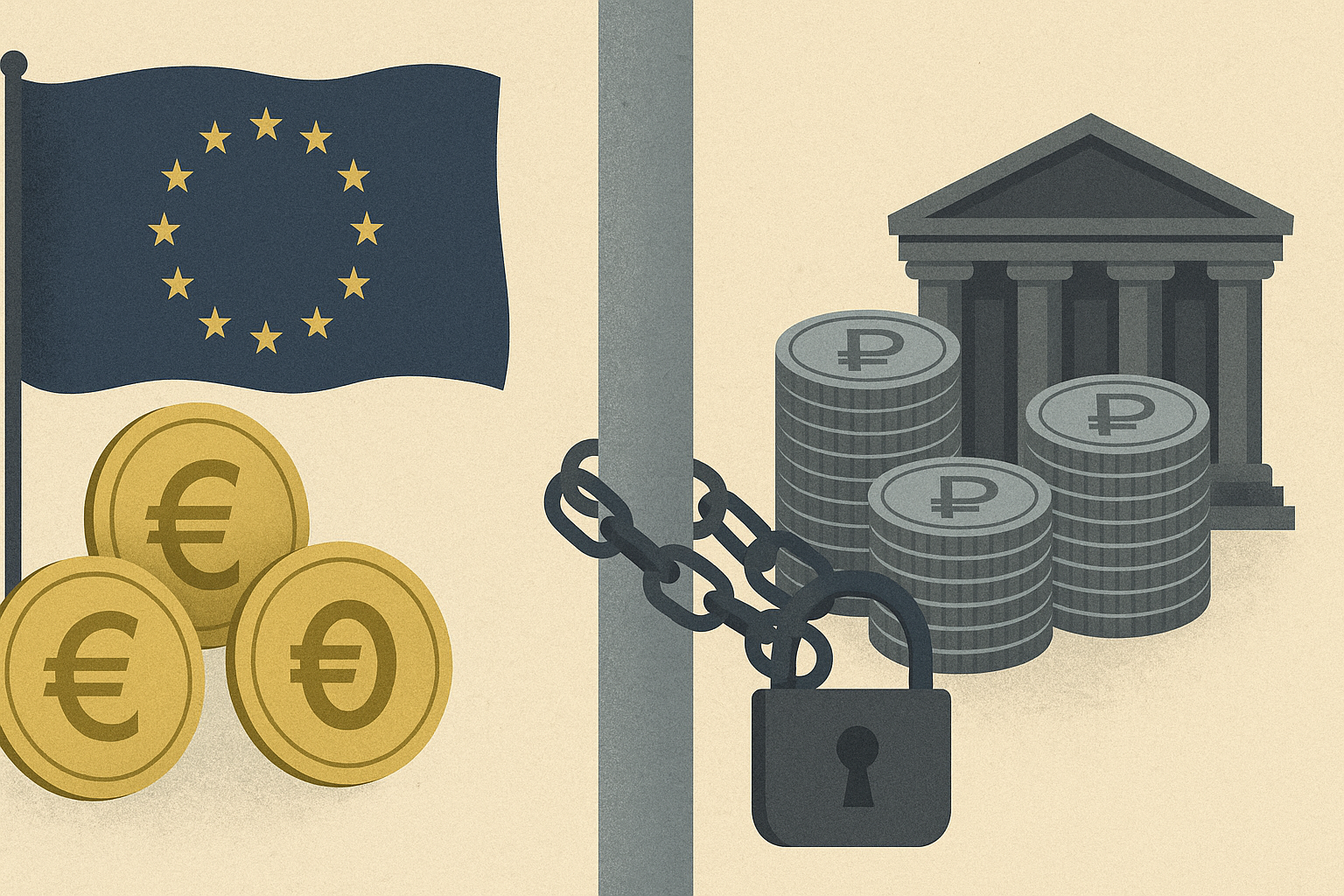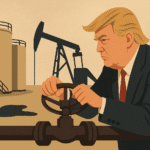European Union leaders have postponed a decision to approve a €140 billion loan package for Ukraine funded by frozen Russian state assets, following objections from Belgium over legal and financial risks. The move has dealt a blow to Kyiv’s hopes of securing new financial assistance early next year as it continues to resist Russian aggression.
Dispute Over Legal and Financial Liability
During a summit in Brussels on Thursday, EU leaders discussed using proceeds from about €190 billion in frozen Russian sovereign assets to create a “reparations loan” for Ukraine. However, Belgium, which hosts the Euroclear central securities depository where most of these assets are held, demanded concrete guarantees that it would not face financial losses or retaliation from Moscow.
Belgian Prime Minister Bart De Wever insisted that “a legal basis is not a luxury,” stressing that his government needed clarity on the potential risks to the euro and assurances that other member states would share any liabilities.
Partial Agreement but No Formal Commitment
The leaders of 26 EU countries—with Hungary abstaining—stopped short of approving the loan plan. Instead, they asked the European Commission to present new options “as soon as possible” based on Ukraine’s financial needs. The topic will be revisited at the next European Council meeting on December 18.
“We took the most important political decision to ensure full financial support for Ukraine to address their financial needs in 2026 and 2027,” said European Council President António Costa, while acknowledging unresolved “technical issues.”
European Commission President Ursula von der Leyen emphasized that leaders had agreed on the goal of a reparations loan but still needed to determine “how we make it possible.” She noted that while other financing options remain on the table, using immobilized Russian assets remains “the focus.”
Diverging Positions Among Key EU Members
German Chancellor Friedrich Merz, one of the proposal’s strongest supporters, said Belgium had raised “serious questions” about the plan’s legality and Euroclear’s exposure to liability. France’s President Emmanuel Macron described the loan as “the central set of options” for supporting Ukraine, though he admitted that technical hurdles remain.
The delay could derail the EU’s objective of finalizing a Ukraine support package before the end of the year and may complicate Kyiv’s plans for weapons financing and budget stability.
Meanwhile, Washington has continued pressing European allies to shoulder a greater share of Ukraine’s defense costs, particularly for U.S.-made weaponry.
Kyiv’s Growing Urgency
Speaking at the Brussels summit, Ukrainian President Volodymyr Zelenskyy urged EU leaders to expedite financial assistance, warning that Kyiv will face mounting expenses in 2026 as the war drags on.
“We need the money in 2026 — and better to have it at the very beginning of the year, but I don’t know if it’s possible,” Zelenskyy said.
European leaders from a so-called “coalition of the willing” are expected to hold a virtual meeting on Friday to reaffirm support for Ukraine. However, without a consensus on how to use frozen Russian assets, the EU’s financial strategy for Kyiv remains uncertain — leaving the bloc divided at a critical stage in Ukraine’s war effort.








